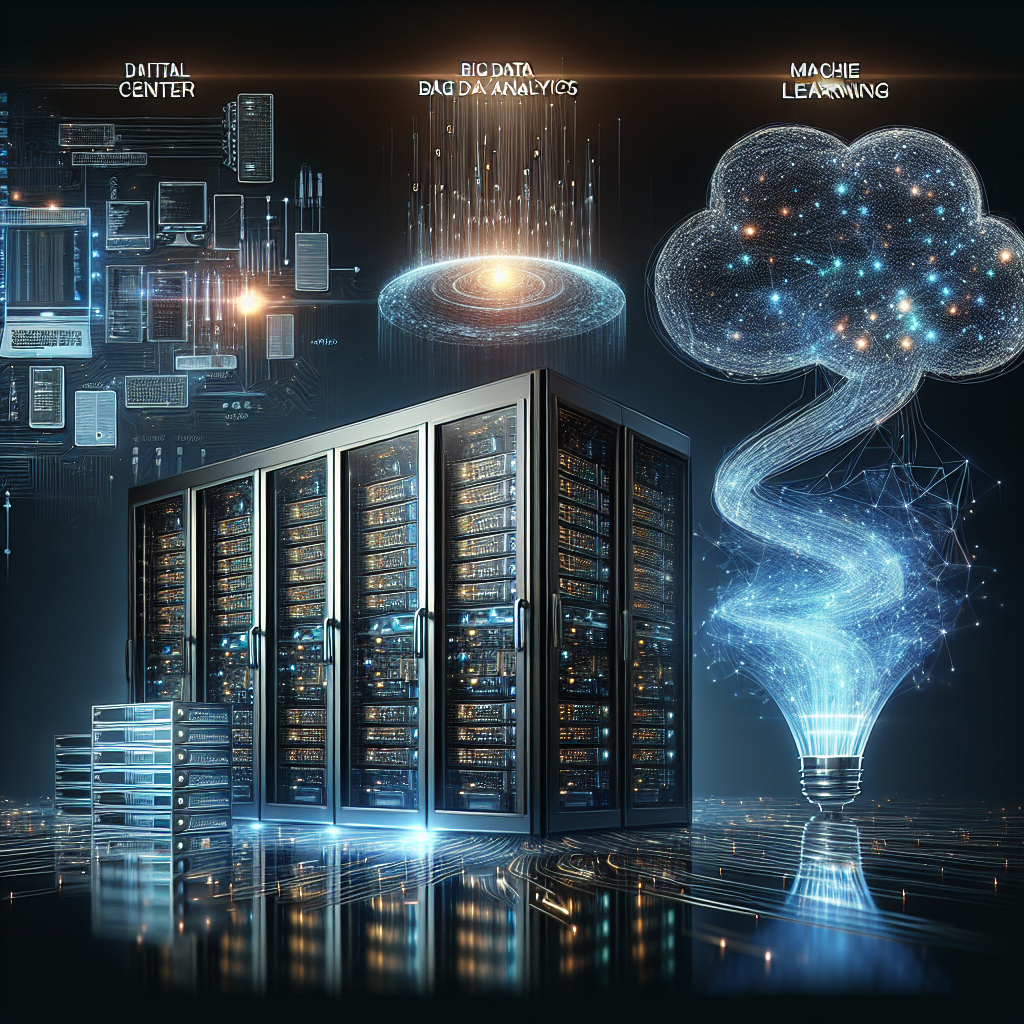Data Centers: The Key Player in Driving Big Data Analytics and Machine Learning Forward
In today’s digital age, data is king. The explosion of data generated by businesses, consumers, and Internet of Things (IoT) devices has created a wealth of information that holds the potential to drive innovation and unlock new insights. However, harnessing this data and turning it into valuable insights requires powerful computing infrastructure. This is where data centers come into play.
Data centers are the backbone of the digital economy, serving as the centralized hub for storing, processing, and managing vast amounts of data. These facilities house rows of servers, storage systems, and networking equipment that work in tandem to ensure data is stored securely and readily accessible. In recent years, data centers have played a crucial role in driving advancements in big data analytics and machine learning.
Big data analytics refers to the process of analyzing large and complex data sets to uncover patterns, trends, and insights that can inform business decisions. With the exponential growth of data, organizations are turning to data centers to provide the computing power and storage capacity needed to process and analyze massive datasets in real-time. Data centers enable businesses to run complex algorithms and machine learning models that can identify correlations, predict outcomes, and optimize operations.
Machine learning, a subset of artificial intelligence, relies on algorithms that improve over time as they are exposed to more data. Data centers play a critical role in supporting the training and deployment of machine learning models by providing the computational resources needed to process vast amounts of data and run sophisticated algorithms. By leveraging data centers, organizations can build and deploy machine learning applications that automate tasks, personalize user experiences, and drive business growth.
The increasing demand for big data analytics and machine learning has spurred the growth of data centers worldwide. Companies are investing in state-of-the-art data center facilities that are equipped with the latest hardware, software, and networking technologies to support the processing and storage requirements of data-intensive applications. Data centers are not only becoming more powerful but also more efficient, with advancements in cooling and power management technologies reducing energy consumption and carbon footprint.
As businesses continue to generate and collect massive amounts of data, the role of data centers in driving big data analytics and machine learning forward will only become more crucial. By investing in robust data center infrastructure, organizations can unlock the full potential of their data, gain competitive insights, and drive innovation in the digital economy. In essence, data centers are the key players in enabling the data-driven future.


